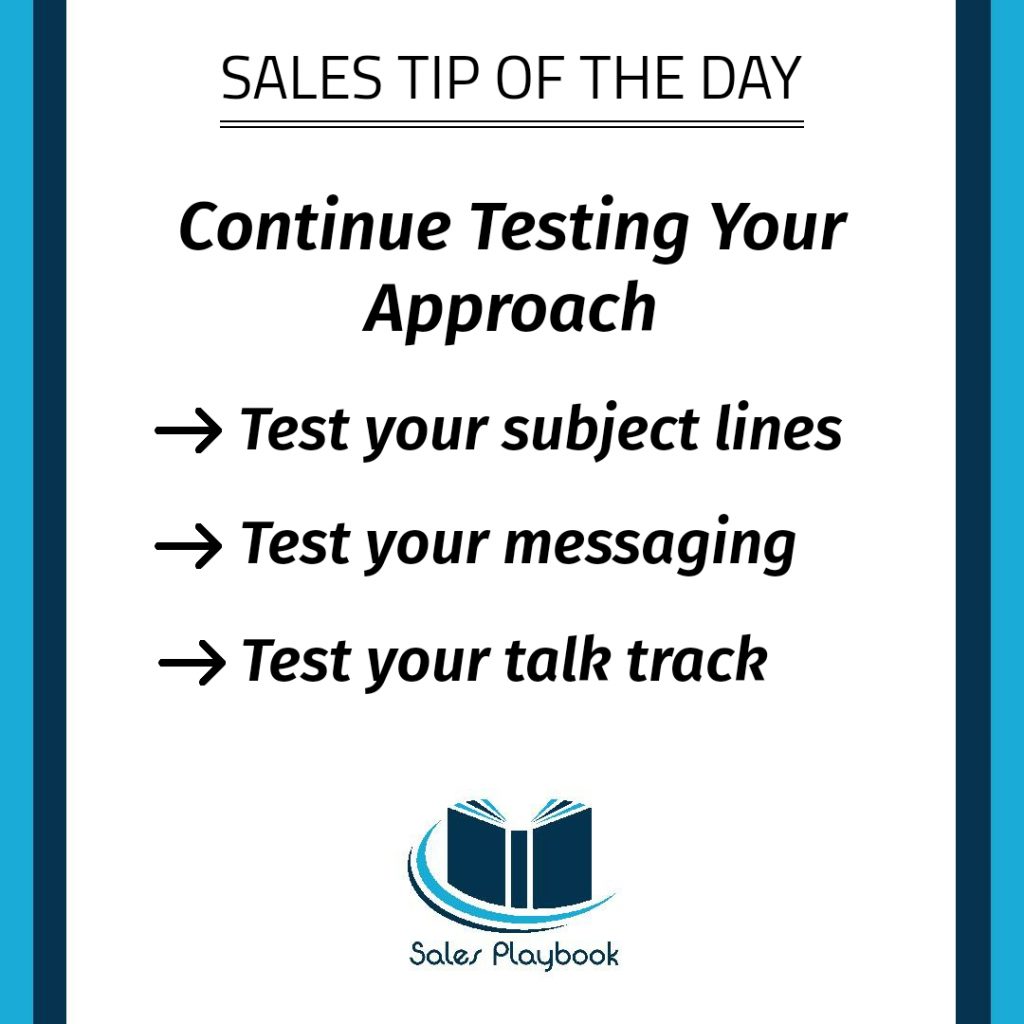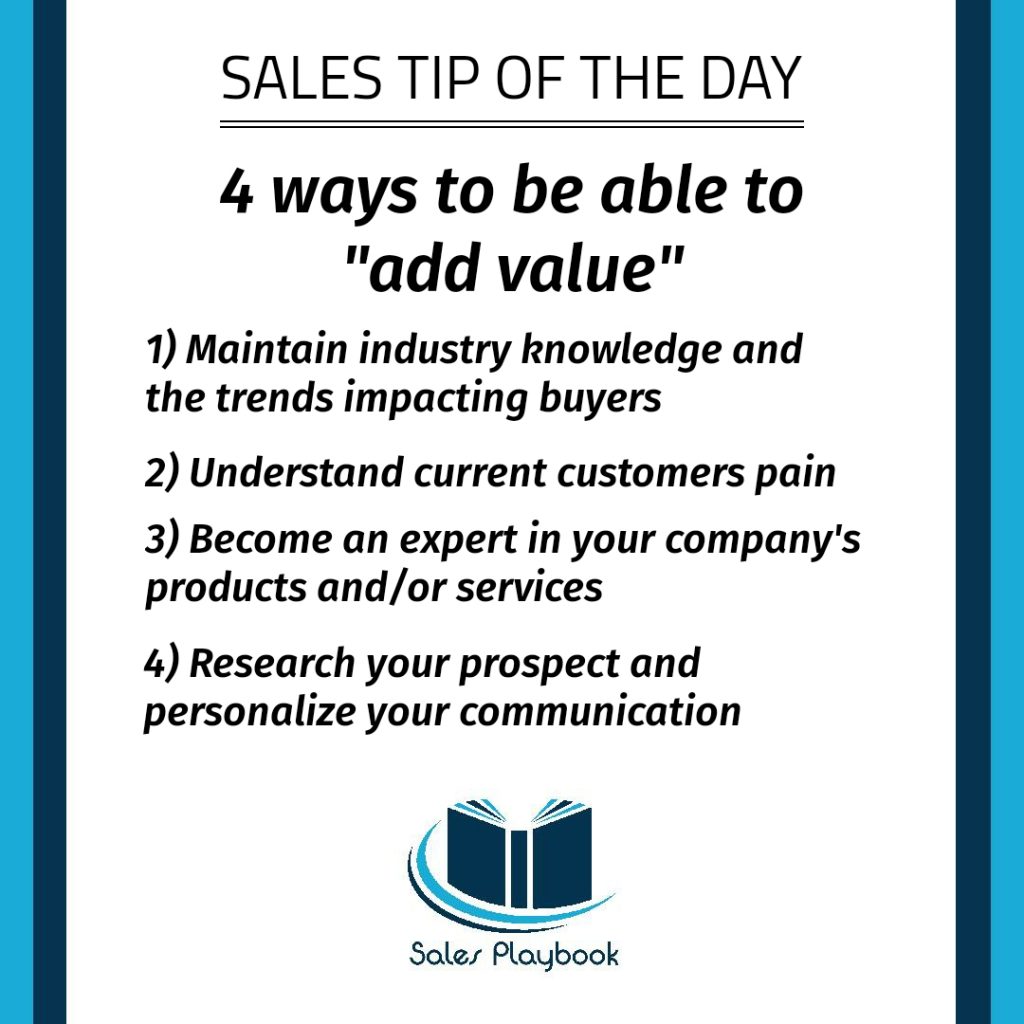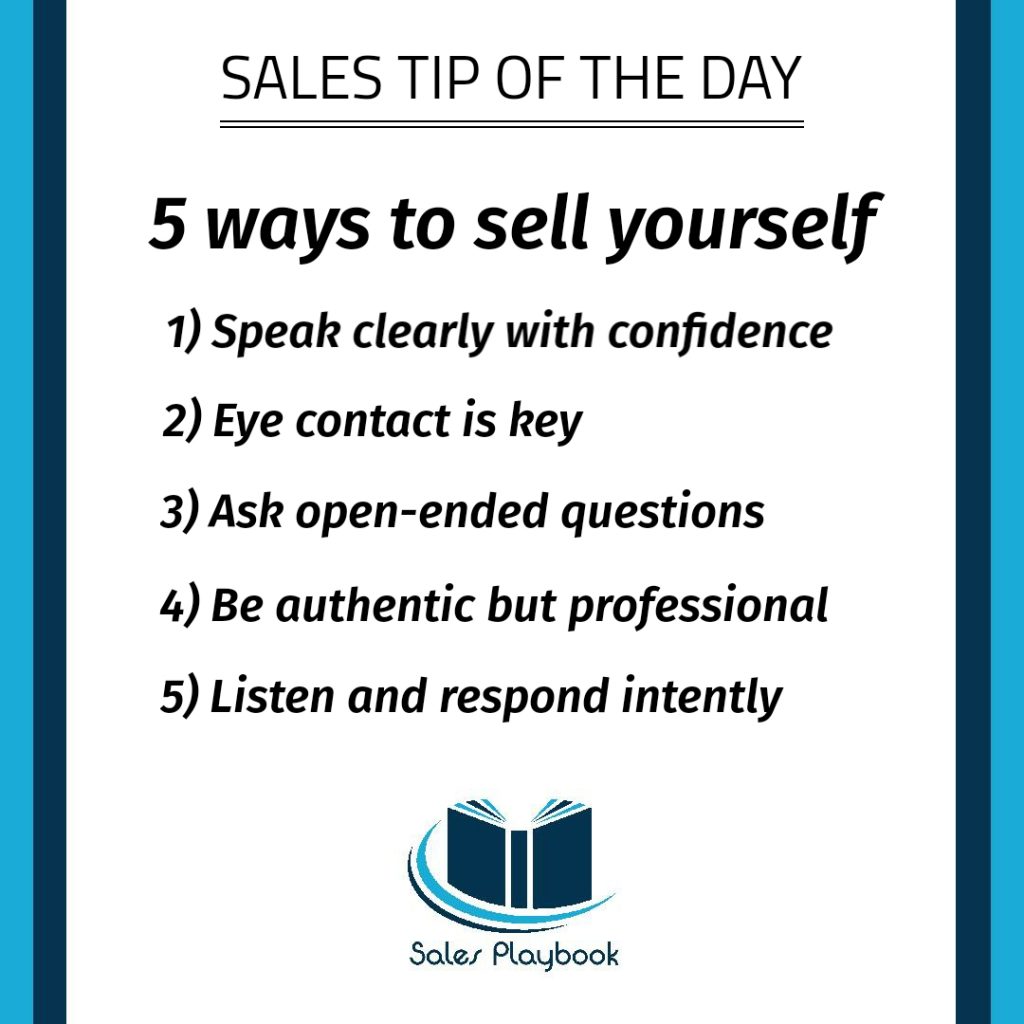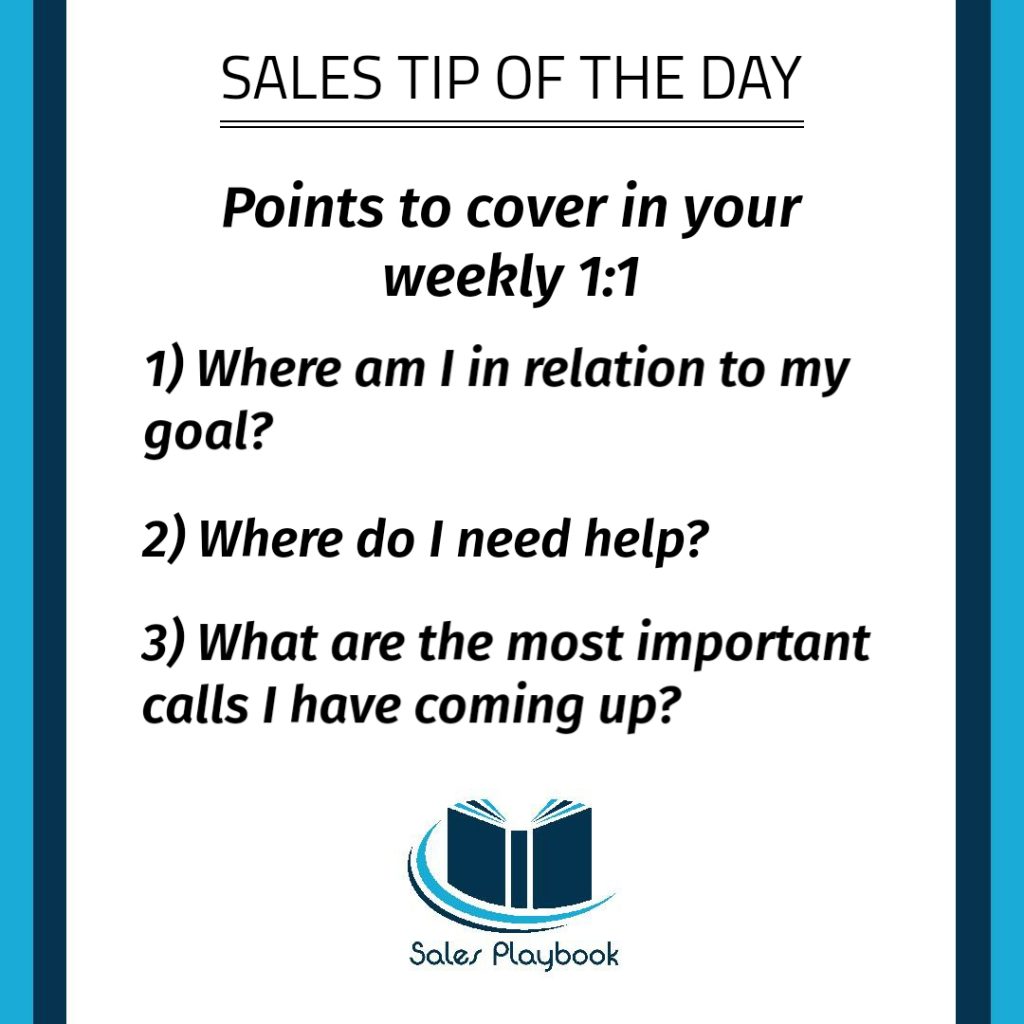Welcome to the Sales Playbook Sales Tip of The Day. Our tips are here to provide insights and ideas to sales professionals of all levels and can be implemented into all stages of a sales pipeline and used within any team.
Join us on Instagram, Twitter, Facebook and LinkedIn so you never miss out on the most up to date content!

Split testing or A/B testing is the method for conducting controlled targeted experiments with the goal of improving a metric. Sales professionals should consistently test their approach. The subject lines on their emails/InMails, the messaging within this outreach, and their talk track when calling or meeting with prospects/customers.
You want to continually be creative with the goal of improving your conversion rates! When you split test your approach you are looking for significant positive differences to emerge, and when the results are compared with each variation you are able to determine which version shows the greatest improvement. This then becomes option A and you start the process again testing another option B.
Always be testing, tweaking and repeating to make sure you’re using the best, and most successful outreach! – Ben James

You’ll hear the phrase “add value” nearly every day on social channels by “sales gurus”, in sales related books, on podcasts and motivational talks, but what does it actually mean! There is no universal definition in the world of sales to “add value.” However it could or should be defined as “The information, insights, new approaches or ways of creating solutions a salesperson brings to a potential buyer.” Here are four ways you will be able to “add value” to a prospect:
1) Maintain industry knowledge and the trends impacting buyers. Example: What are the top five things potential buyers are concerned about today and how are companies solving these? 2) Understand current customer pain(s). Example: What pain(s) are customers today experiencing. Sit with your customer success team or if your buyer persona is a CMO then sit with your own Chief Marketing Officer to see what issues they are currently tackling! 3) Become an expert in your company’s products or services. Example: This one is simple, but knowing your company’s offering inside and out is one key to building credibility and will be a main factor in winning and maintaining business! 4) Research your prospect and personalize your communication. Example: Spend time to find out two or three things specific to each buyer persona and/or their business. This does not have to be done right before you communicate, do your research whenever you have a spare minute or two throughout your day/week.
“Add value” to your prospect and increase your sales conversion! – Ben James

Before anyone buys from you or your company, they have to buy into the idea that you are someone worth working with and just as you do in a job interview you must sell yourself before you can sell anything else. Here are five ways to sell yourself when speaking with potential clients:
1) Tonality is important when conversing with a prospect or customer. Speak slowly, don’t rush or slur your words, practice your volume levels so you don’t mumble and speak concisely to make sure you’re not over talking when responding to any questions. 2) Establishing eye contact from the beginning is very important as this projects confidence and interest. Use the 50/70 rule as to not stare. Maintain eye contact 50% of the time when talking and 70% of the time when listening. You should maintain eye contact for at least five seconds before a slow glance away and then back to establishing eye contact. 3) Asking open-ended questions is a great way to build credibility and ultimately trust. Remember selling is about them and not you or your offering at the beginning. You must ask questions that get them talking about their problems so you can then tell them about your solution.
4) Being authentic means acting in a way that shows your true self and is highly important to build trust. Potential clients want to do business with people that are honest and genuine. You must however be professional at the same time, the prospect is not your friend or family member, so use the right language and tone when conversing. 5) Once you ask your questions you have to give your full attention when they are speaking. Interest can be conveyed to the speaker in verbal and non verbal ways, such as maintaining eye contact, nodding and smiling, using ‘yes’ or ‘no’ in agreement or simply ‘Mmm hmm’ to encourage them to continue. When they have finished talking be sure to respond intently by repeating back the key points they have mentioned to reinforce the attention you are giving. – Ben James

Weekly 1:1s are not just vital for your sales reps or SDRs, but they are just as important for leaders. Fundamentally 1:1s help build trust, build rapport, learn about strengths/weaknesses, keep your team members focused, but more so is the opportunity to guide their professional development. These three points are crucial to any successful 1:1 and should be prepared to cover by any sales professional each and every week.
Where am I in relation to my goal?
You’ll have your targets/goals set by your organization, but you should also know where you are in relation to your own personal goals as well as the business ones.
Where do I need help?
Use this opportunity each week to ASK for help, do not be afraid or embarrassed to bring these points to the front during this meeting. Take time discussing this with your leader, they can only provide support if they fully understand your needs!
What are the most important calls I have coming up?
Be sure to go through your top upcoming calls/meetings. Discuss how you plan on actioning these and ask for feedback from your leader. Make sure you understand why these are your most important calls and make sure you’re able to provide this information during your 1:1.
Make the most of this time each week, but just as important if you need additional help make sure you reach out to people within the organization so you can continually improve! – Ben James
